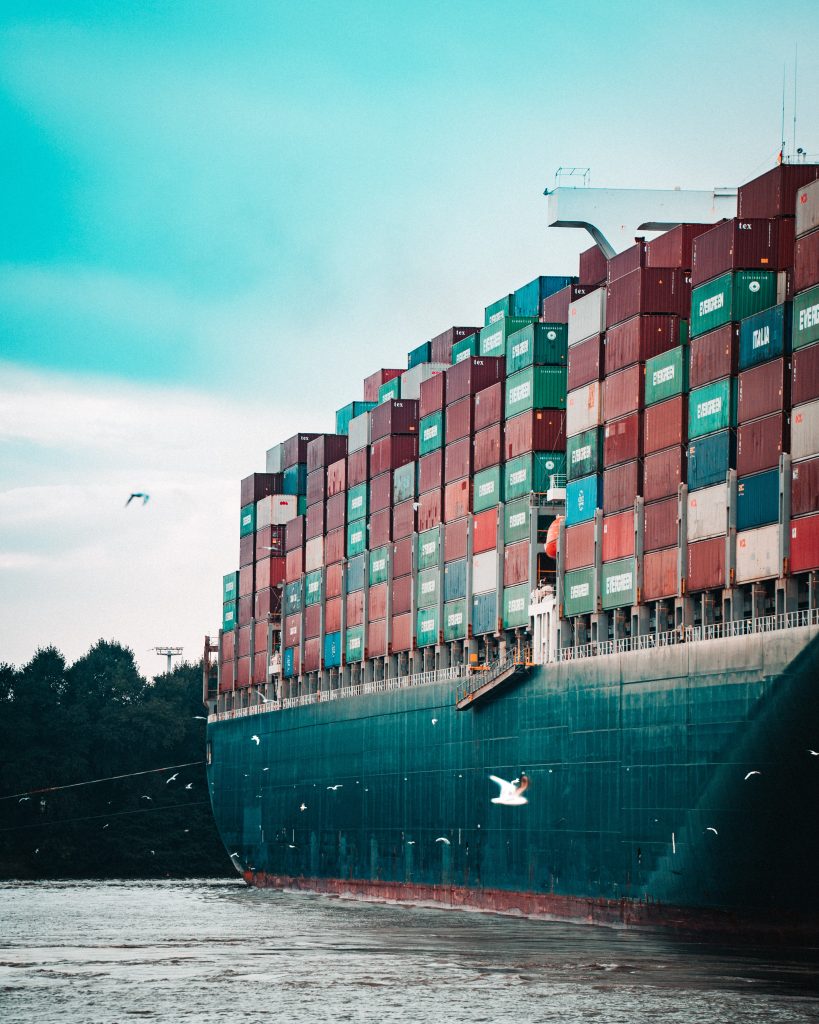
Energy Workforce Members source certain parts used in the manufacturing process of larger end products from qualified foreign suppliers. Many of the products are not currently produced in the United States and have not been produced here for many years. While Energy Workforce Members would prefer to source from an entirely domestic supply chain, often this is simply not possible or practical.
Energy Workforce Members generally do not support tariffs as a solution to rectify trade imbalances. Historically, tariffs have been proven to reduce economic competitiveness and increase manufacturing costs. Energy Workforce will continue to advocate for an alternative strategy to rectify trade imbalances, one that combines stakeholder input with forward-thinking analysis to secure our industry’s future.
ENERGY WORKFORCE’S POSITION
Energy Workforce supports a balanced approach to tariffs and trade that both addresses illicit practices and considers economic implications for U.S. businesses. Such an approach is achievable with stakeholder input and deliberative policymaking. Energy Workforce works to curb unfair trade practices and to equalize the $32 billion a month trade gap between China and the United States. Forced technology transfers and commercial espionage are common in China, and some Energy Workforce Members have faced negative consequences from these actions.
However, Energy Workforce believes that many tariffs will not necessarily curb China’s unfair trade practices, and instead could unintentionally harm the energy manufacturing and service sectors, areas where the U.S. currently enjoys worldwide dominance.
The imposition of tariffs on Chinese imports used in the manufacturing process in the United States will increase the cost of these products. This increase would have to be passed on down the line. Energy Workforce fears that this would further expose our domestic manufacturers to foreign competition as competitors will surely use this opportunity to their advantage.
While Energy Workforce Members would welcome U.S. manufacturing to fill the void so they would not have to source from China, the reality is that due to the complex and highly technical manufacturing processes it could take many years for some of the products to be produced domestically. Some products may never be. The industry is also highly regulated, and supply chain disruptions could cause significant delays as new parts may have to be certified to ensure compliance with regulations.
This scenario could ultimately provide foreign manufacturers of final products a competitive advantage over U.S. manufacturers. Energy Workforce fears that the imposition of across the board tariffs does not adequately account for the role of the global supply chain in complex energy manufacturing. These multifaceted supply chains have grown over time in the energy manufacturing sector, taking years to establish, and cannot be shifted to different countries or facilities without significant long-term disruptions.
Supply chain disruptions will cause increased production costs and shortages which will expose our companies to increased competition from foreign competitors who do not face such challenges. This scenario may cause the unintended consequence of hurting U.S. manufacturers significantly while inflicting little damage on the Chinese economy.
Tariffs Damage Industry Competitiveness
Section 232 and 301 tariffs disrupt industry supply chains, resulting in increased costs and inefficiencies.
Retaliatory measures may dissuade importers from purchasing U.S. petroleum equipment and products, harming service companies and their employees.




